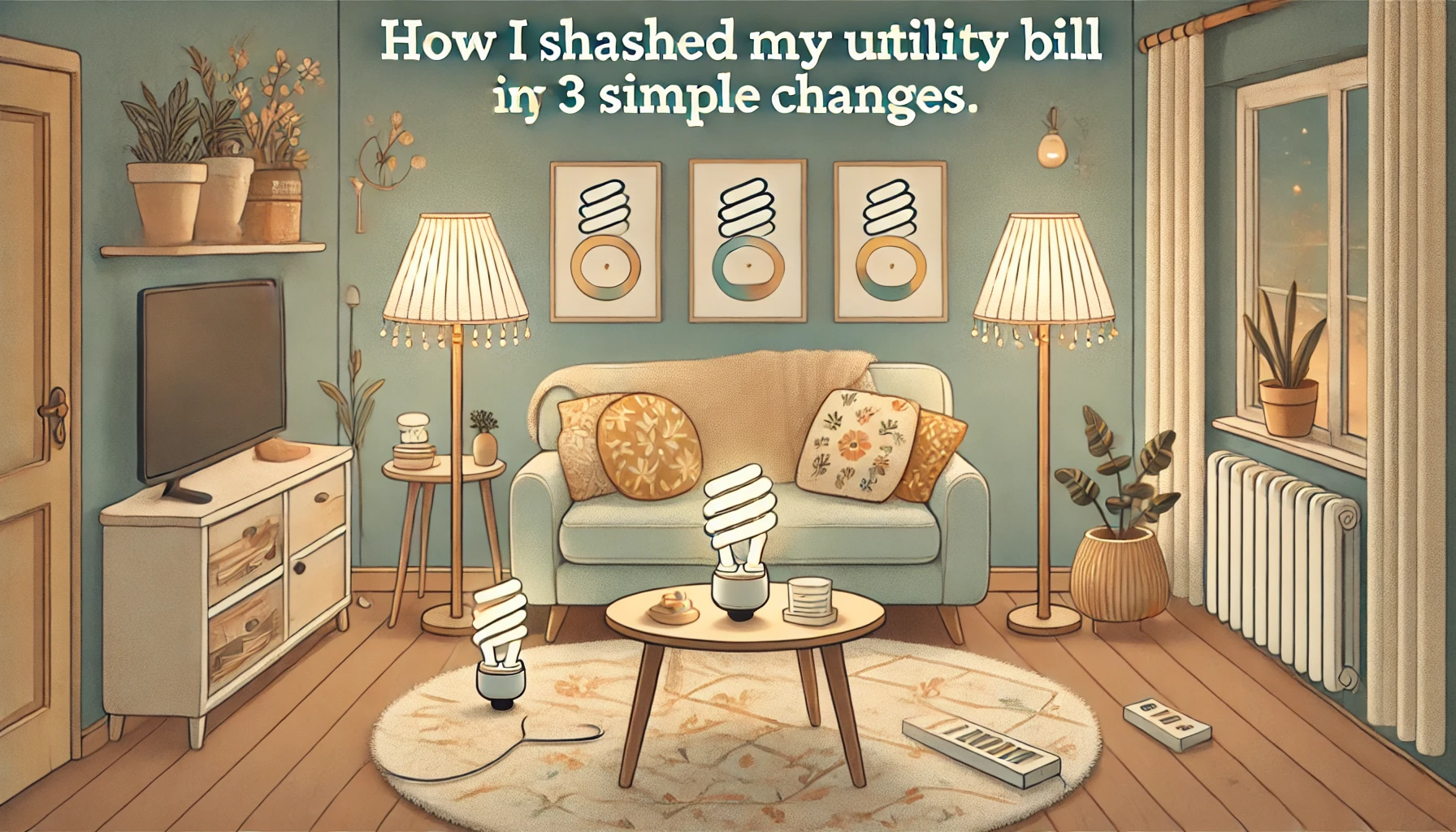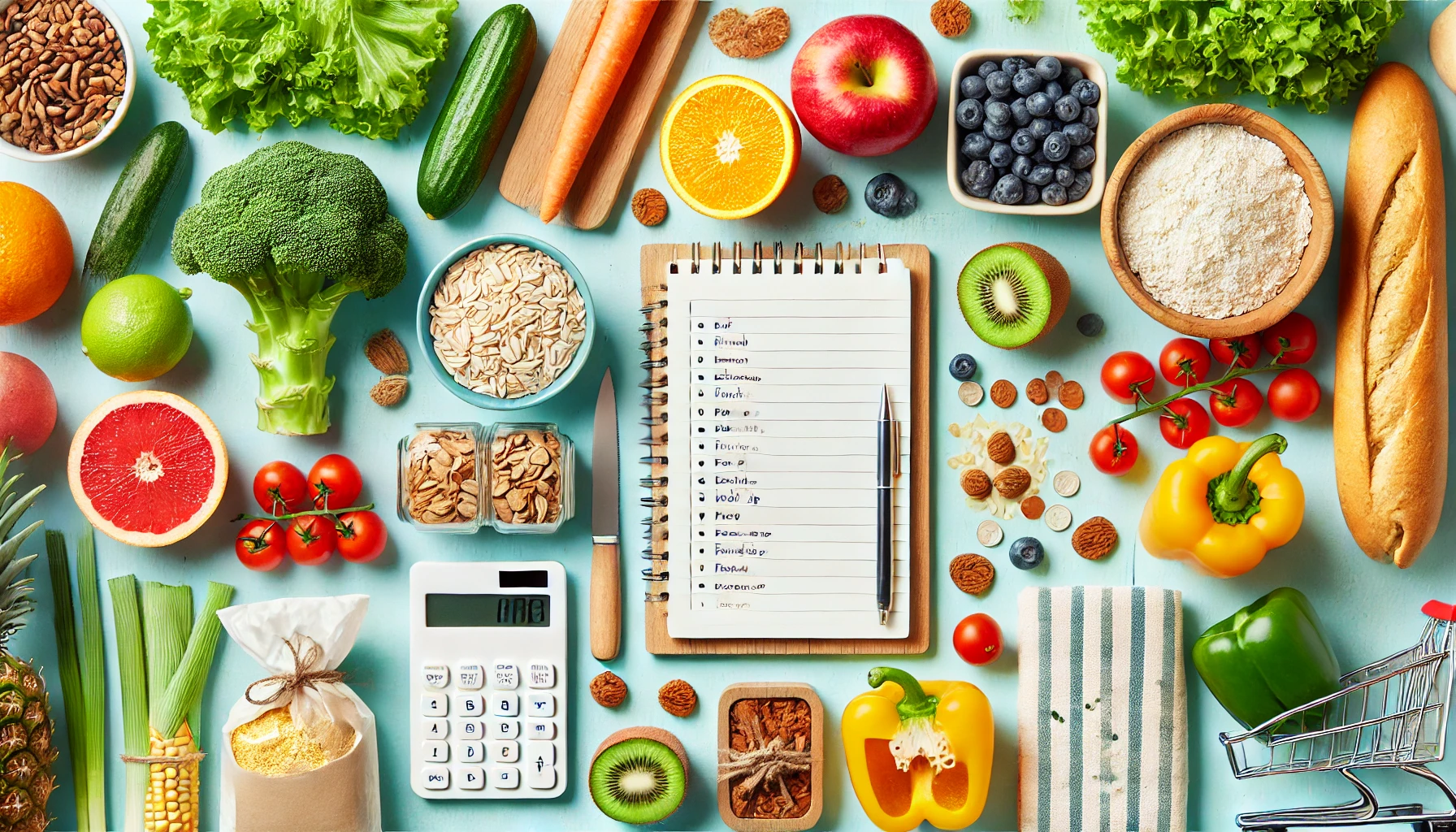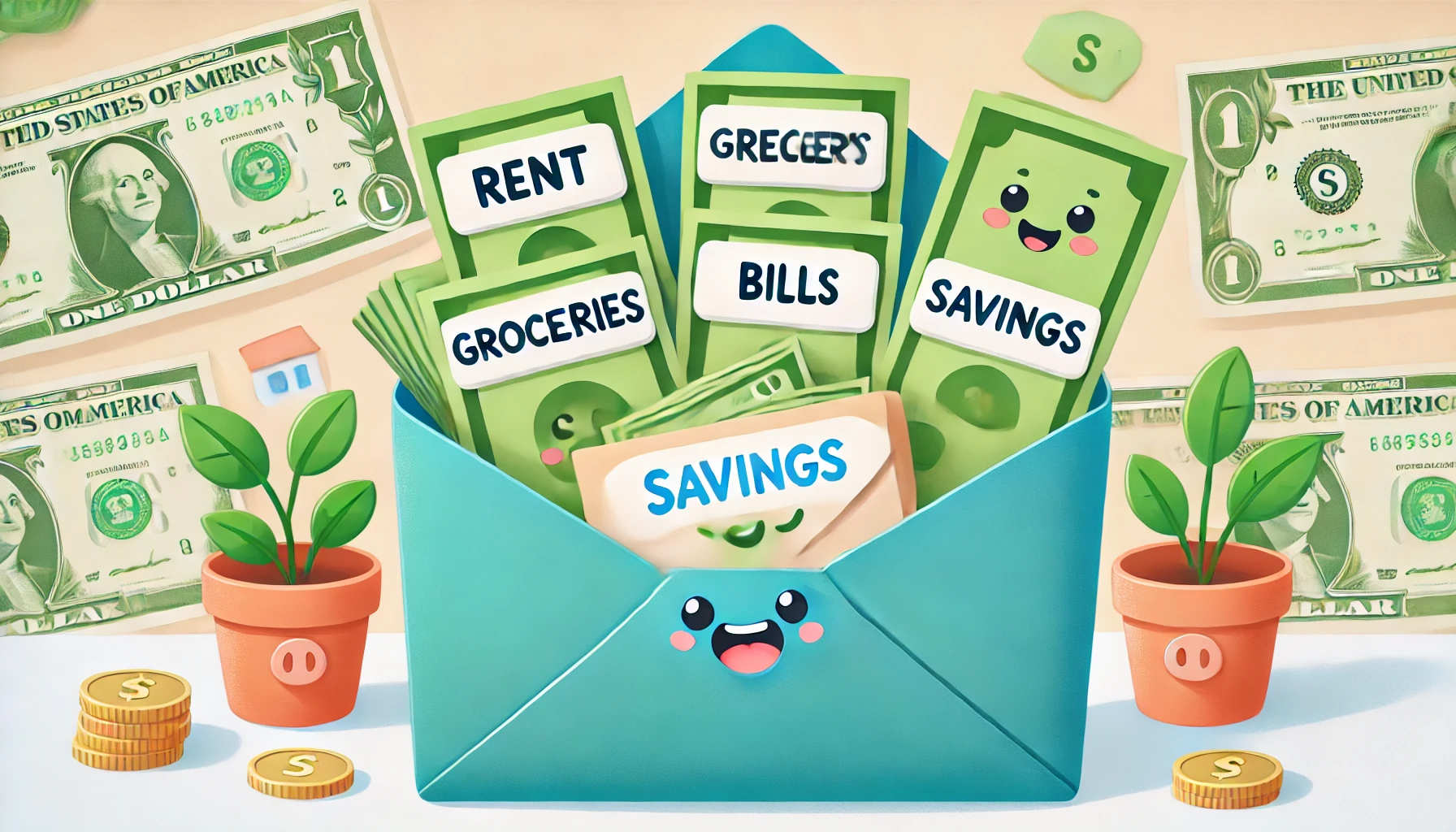I remember the sinking feeling I used to get every time I opened the utility bill. Dreading seeing that envelope, worrying about how I was going to afford another high payment,it was stressful. There were moments when I’d scrape together pennies, sometimes even skipping essentials just to keep the lights on. It was tough.
Eventually, I reached a point where enough was enough. I knew there had to be ways to cut costs without spending money I didn’t have. After some research and a bit of trial and error, I discovered three simple changes that dramatically lowered my utility bill. Today, I’m sharing exactly what worked for me, in hopes it’ll help you save money too!
1. Switching to LED Light Bulbs
This first change might seem overly simple, but it made a big impact. I had always used regular incandescent bulbs because they were cheap and readily available. However, after learning about the benefits of LED bulbs, I decided to give them a try.
Here’s the thing: LED bulbs cost more upfront, but they last up to 10 times longer than traditional bulbs and use around 75% less energy. I gradually replaced bulbs around my home as the old ones burned out. Over time, I saw my energy usage,and my bill,steadily decrease.
I couldn’t afford to replace them all at once, so I took it slow, replacing each bulb individually. Within a few months, every bulb in my home was energy-efficient, and the savings started adding up.
2. Unplugging “Energy Vampires”
One of the most surprising discoveries for me was learning about “energy vampires”,devices that consume electricity even when they’re turned off. Things like phone chargers, gaming consoles, TVs, microwaves, and coffee makers can all draw power when plugged in, even if they’re not actively being used.
I began unplugging anything that wasn’t in use. At first, it felt inconvenient, but it quickly became second nature. To simplify the process, I invested in a few power strips for areas like my entertainment center and computer desk, making it easy to switch multiple devices off at once.
Within a month, I saw noticeable savings on my utility bill. The reduction was steady, significant, and very motivating.
3. Adjusting My Thermostat Slightly
This third adjustment was initially challenging for me. Like most people, I prefer my home cozy in winter and comfortably cool in summer. However, I learned that adjusting my thermostat by just a couple of degrees could significantly cut costs.
In winter, I lowered the thermostat by two degrees and compensated by wearing extra layers or adding blankets. In summer, I raised it by two degrees and relied more on fans. Surprisingly, it wasn’t uncomfortable, and after a few days, I hardly noticed the difference.
This minor tweak yielded the biggest savings. Heating and cooling typically represent the largest chunk of my utility bill, and reducing usage even slightly had a huge payoff.
Tracking My Progress
Another thing that helped me stay motivated was tracking my monthly utility bills. Keeping a record turned it into a personal challenge,each month, I aimed to lower it even more. Watching those numbers fall month after month encouraged me to stick to my new habits.
The Results
By making these three straightforward changes, I successfully reduced my utility bill by nearly 30% within just a couple of months. Bills that once seemed overwhelming suddenly became manageable, freeing up money for necessities like groceries, debt repayment, or even occasional small treats.
What I appreciated most was the simplicity of these adjustments. I didn’t need a huge investment or drastic lifestyle changes,just consistency in small actions.
If you’re currently stressed by high utility bills, I genuinely encourage you to try these strategies. Start with small steps,replace bulbs as needed, unplug idle devices, and gently adjust your thermostat. These minor changes can create significant savings.
I’ve experienced the anxiety and worry about finances firsthand, and making these changes gave me real hope. If I can do it, you absolutely can too.
Here’s to lower utility bills and less financial stress. You’ve got this!



